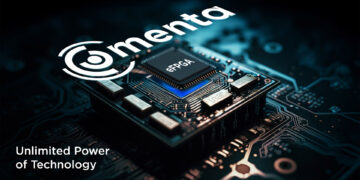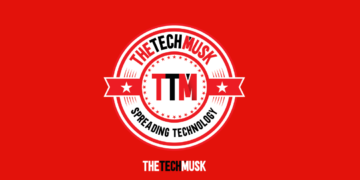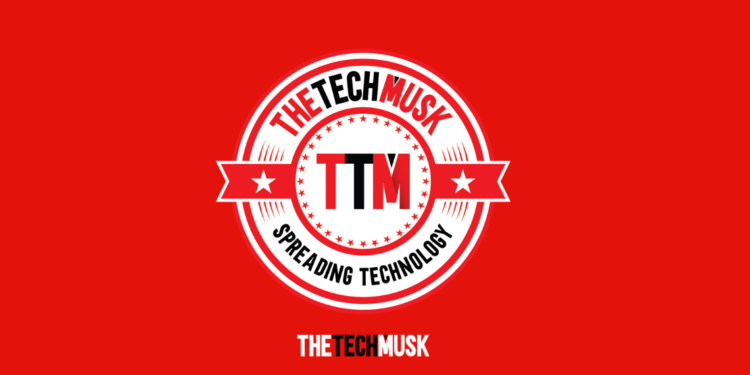To explore the tech trends that could significantly impact small businesses in 202, we sought insights from seven industry leaders, including CEOs and Managing Directors. From the affordability of cloud computing to the efficiency of real-time inventory tracking via edge computing, these experts provide a glimpse into the future of small business operations.
- Cloud Computing as an Affordable IT System
- AI-Driven Decision-Making in Business
- Blockchain Enhancing Security and Efficiency
- AI for Skills-Based People Management
- Edge Computing for Efficient Local Data Handling
- DeFi Platforms for Bypassing Traditional Banks
- Real-Time Inventory Tracking via Edge Computing
Cloud Computing as an Affordable IT System
Cloud computing has gotten cheaper and more ubiquitous over time; that’s a major win for small and mid-sized businesses that may not have sufficient IT staff to manage their infrastructure in-house. Even employee hardware costs can be brought down due to desktop-as-a-service allowing staff to log into company systems from a personal device. In short, smaller companies now have access to world-class IT systems at affordable prices.
There are still caveats that SMB executives need to know. While a good cloud platform is more secure than running your own IT systems poorly, it’s not perfect. You should ideally choose platforms that use zero-knowledge or end-to-end encryption, multi-factor authentication, and open-source software clients. Make sure you understand how the vendor is handling your data and that the SLA clearly spells out those terms. You should also invest in high-speed business internet, because efficient use of cloud platforms requires a fast and stable connection.
Nick Gausling, Managing Director, Romy Group LLC
AI-Driven Decision-Making in Business
This is less far-fetched than it sounds, as there are already several companies out there that have automated their CEO, citing the fact that a data-driven executive that is as impartial as possible is the best thing in the role of highest executive.
While I don’t think that most small businesses will be in a hurry to do the same, I do think that consulting an AI model when making decisions will be something that becomes more and more popular as it can help you find flaws in your reasoning and fine-tune decisions.
Dragos Badea, CEO, Yarooms
Blockchain for Enhancing Security and Efficiency
In 2023, blockchain technology is poised to be a game-changer for small businesses by offering unparalleled security and eliminating the need for a third-party validator. A use case is local retailers using blockchain for secure, transparent transactions, enhancing customer trust and smoothing operations. This trend is not just about cryptocurrencies; it’s about fostering trust and efficiency across various industries.
Neil Hodgson Coyle, Content Marketing Manager, PRLab
AI for Skills-Based People Management
We’re already seeing significant use-cases for skills-based matching via AI, and seeing internal teams in other companies use this to optimize their internal people management processes. While this isn’t necessarily something I’d recommend, it is certainly interesting to see just how broad the world of AI is across industries that may otherwise be slow to adopt such technologies.
Tracey Beveridge, HR Director, Personnel Checks
Edge Computing for Efficient Local Data Handling
One buzzworthy trend in 2023’s tech landscape is edge computing. Unlike traditional cloud computing, where data processing happens in centralized data centers, edge computing processes data closer to its source, like a local computer or IoT device. This reduces latency, boosts speed, and ensures more efficient data handling.
Use case? Imagine a local cafe with smart tables that detect customer presence, preferences, and even orders based on integrated IoT technology. With edge computing, the table processes the data locally in real-time, offering customers instant personalized recommendations or deals without the need to send data back to a central server. This speedy, seamless experience can give small businesses a competitive edge (pun intended!) in a tech-driven market.
Vikrant Shaurya, CEO, Authors On Mission
DeFi Platforms for Bypassing Traditional Banks
The rise of decentralized finance (DeFi) platforms is a pivotal trend. DeFi platforms allow small businesses to access loans, insurance, and other financial products without the intermediation of traditional banks.
For instance, a small retailer can secure a loan using DeFi platforms by leveraging crypto assets as collateral. This enables them to expand operations without relying on conventional financial institutions, thus facilitating quicker and more accessible financial support.
Einav Biri, CEO, FARUZO
Real-Time Inventory Tracking via Edge Computing
Edge devices, such as IoT sensors and cameras, are deployed throughout the warehouse and store locations. These devices process and analyze data locally, providing real-time insights into inventory levels, product movement, and stock status.
With edge computing, data is processed on-site, eliminating the need to transmit large amounts of data to the cloud. This reduces latency and ensures that employees have instant access to accurate inventory information.
Ritika Asrani, Owner and Head Broker, St Maarten Real Estate





























